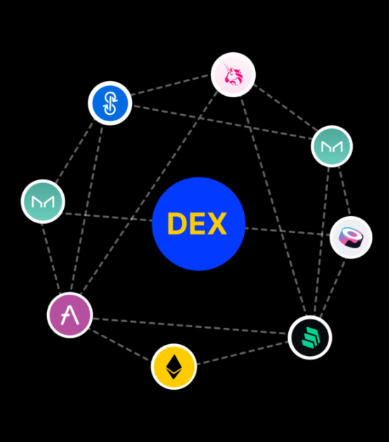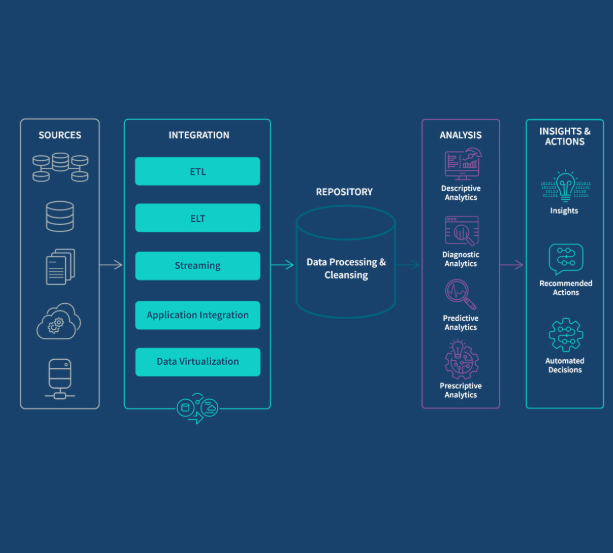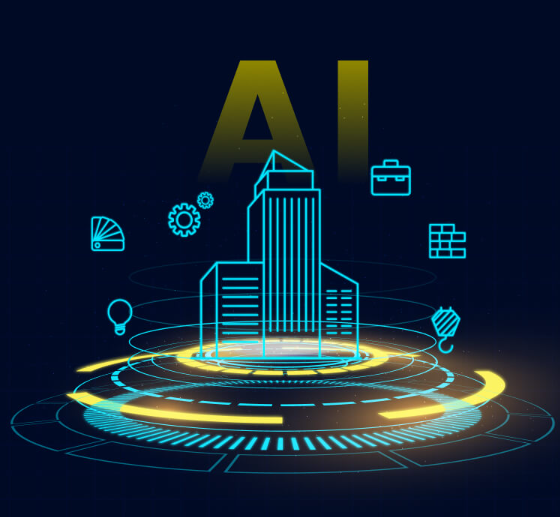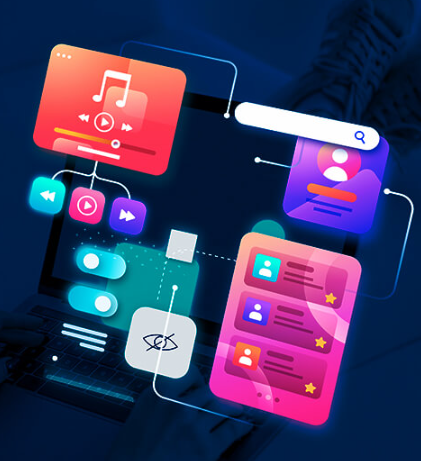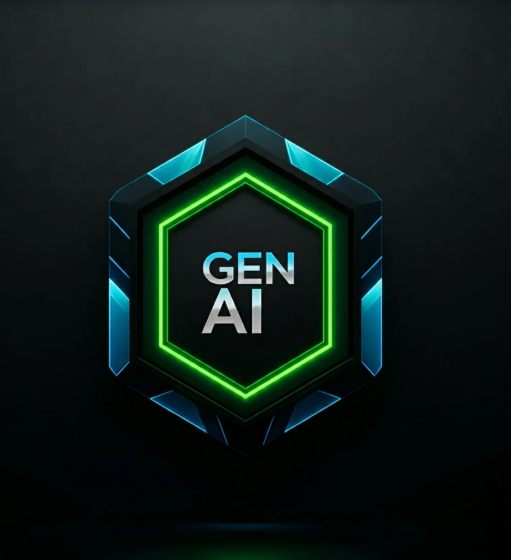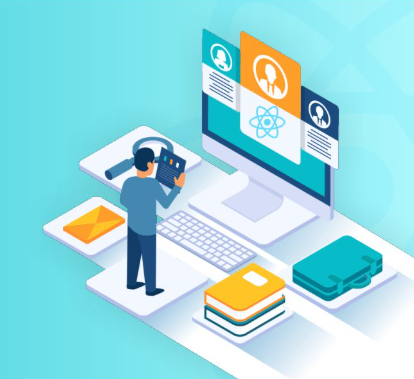
The way companies interact with customers is undergoing a revolution, powered by conversational AI technologies. As we navigate 2025, these intelligent systems have evolved far beyond basic chatbots, becoming sophisticated virtual assistants capable of human-like interactions across multiple industries. Businesses that harness this technology effectively gain significant competitive advantages in customer service, sales automation, and operational efficiency.
What Makes Conversational AI So Impactful?
Modern conversational AI blends natural language processing (NLP), machine learning (ML), and large language models (LLMs) to create systems that understand context, detect sentiment, and respond appropriately. These solutions don’t just follow scripted responses—they learn from interactions, adapting to provide increasingly accurate and personalized experiences.
Key benefits driving adoption include:
- 24/7 Customer Support – AI agents handle inquiries instantly, reducing wait times
- Cost Efficiency – Automating routine interactions lowers operational expenses
- Multilingual Capabilities – Global businesses communicate seamlessly across languages
- Data-Driven Insights – Conversation analytics reveal customer needs and pain points
Essential Qualities of Top Conversational AI Providers
When evaluating conversational AI partners, leading organizations prioritize:
- Advanced NLP & Machine Learning
The best solutions accurately interpret slang, industry jargon, and complex queries. - Omnichannel Integration
Seamless deployment across websites, apps, social media, and voice platforms. - Industry-Specific Customization
Pre-trained models for healthcare, finance, retail, and other verticals improve accuracy. - Robust Security & Compliance
Enterprise-grade data protection meeting GDPR, HIPAA, and SOC 2 standards. - Continuous Learning Capabilities
Systems that evolve through real-time feedback and performance analytics.
15 Pioneers Redefining Conversational Experiences
- OpenAI
Creator of groundbreaking LLMs powering next-gen AI assistants with unparalleled language understanding. - Google DeepMind
Blends AI research with practical applications across Google’s ecosystem, emphasizing ethical development. - Microsoft AI
Delivers enterprise-ready conversational tools integrated with Azure and productivity suites. - AWS AI Services
Provides scalable infrastructure for building and deploying custom AI solutions in the cloud. - IBM Watson
Specializes in regulated industries with focus on data security and compliance automation. - Meta AI
Advances social and messaging integrations through open-source AI contributions. - NVIDIA AI
Powers high-performance conversational systems with accelerated computing hardware. - Apple Machine Learning
Delivers privacy-focused voice AI seamlessly embedded in consumer devices. - Salesforce Einstein
Transforms CRM with AI-driven sales and support automation tools. - SAP AI
Optimizes business processes through ERP-integrated conversational interfaces. - Baidu AI Cloud
Leads in Chinese language processing and smart assistant development. - Tencent AI Lab
Innovates in social platform integrations and WeChat ecosystem applications. - Alibaba DAMO
Drives e-commerce automation with AI-powered shopping assistants. - SoundHound
Specializes in voice-enabled AI with exceptional speech recognition accuracy. - Kore.ai
Provides comprehensive platforms for building enterprise-grade virtual agents.
Transformative Applications Across Industries
- Healthcare: AI nurses handle appointment scheduling and preliminary diagnosis
- Banking: Virtual financial advisors provide 24/7 account support
- Retail: Smart shopping assistants offer personalized product recommendations
- Education: AI tutors deliver customized learning experiences
- HR: Recruitment bots streamline hiring processes and candidate screening
Implementing Conversational AI Successfully
Businesses achieving the best results follow these best practices:
- Define Clear Objectives
Identify specific pain points the AI should address, whether cost reduction or customer satisfaction. - Choose the Right Partner
Select providers with proven expertise in your industry and use case. - Prioritize Data Quality
AI performance depends on high-quality training data representing real-world scenarios. - Plan for Continuous Improvement
Regular updates and model retraining maintain accuracy as language evolves. - Ensure Seamless Handoffs
Design smooth transitions to human agents when AI reaches its limits.
The Future of Business Communication
As conversational AI becomes more sophisticated, we’re moving toward systems that don’t just respond to queries but anticipate needs, initiate conversations, and build genuine rapport. The companies leading this charge combine technical excellence with deep understanding of human communication principles.
For organizations looking to adopt these technologies, the time is now. Early adopters gain valuable experience and data that compounds their competitive advantage. Whether implementing off-the-shelf solutions or developing custom AI assistants, the key lies in aligning technology with genuine business needs—creating value for both companies and their customers.











